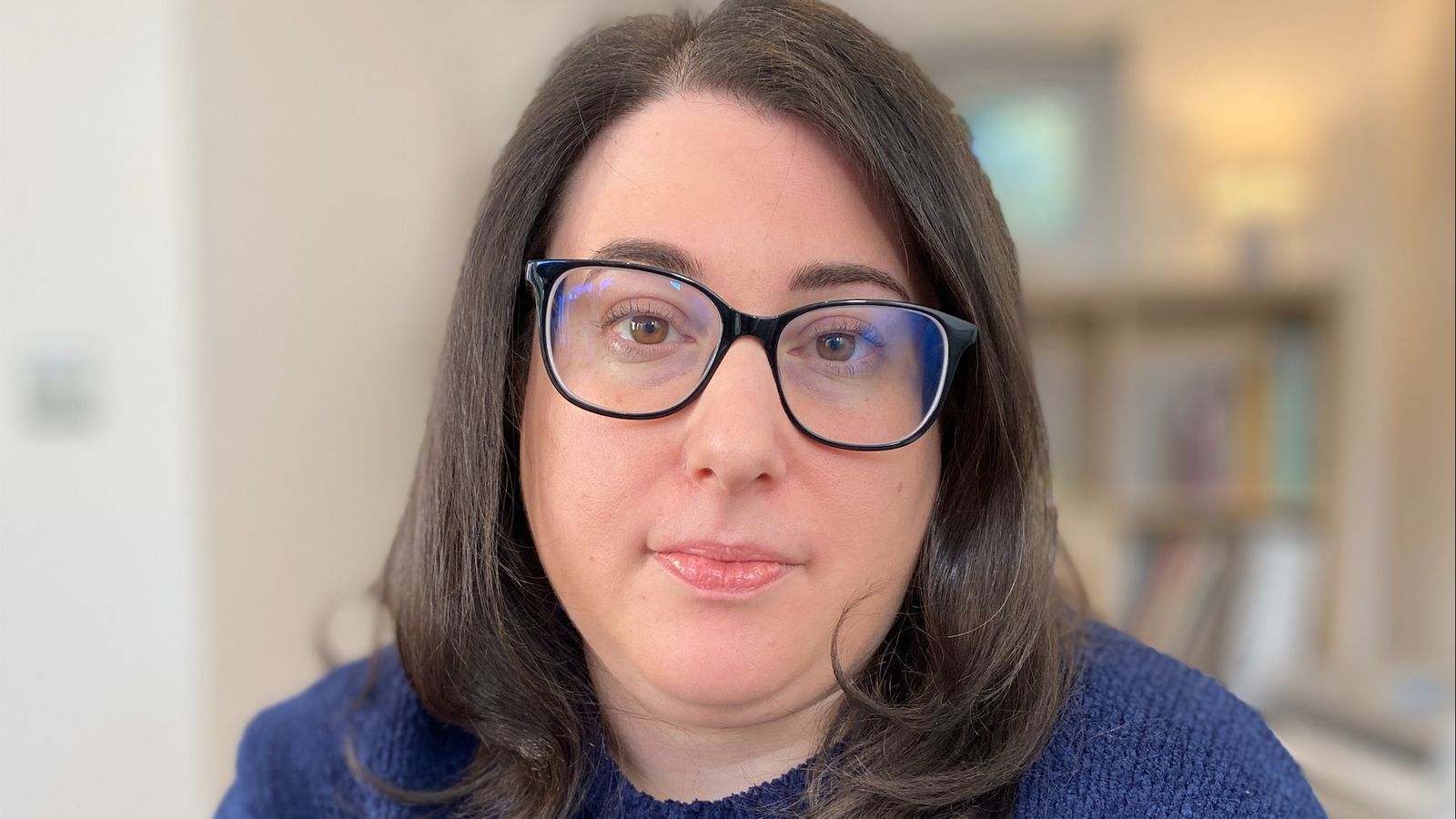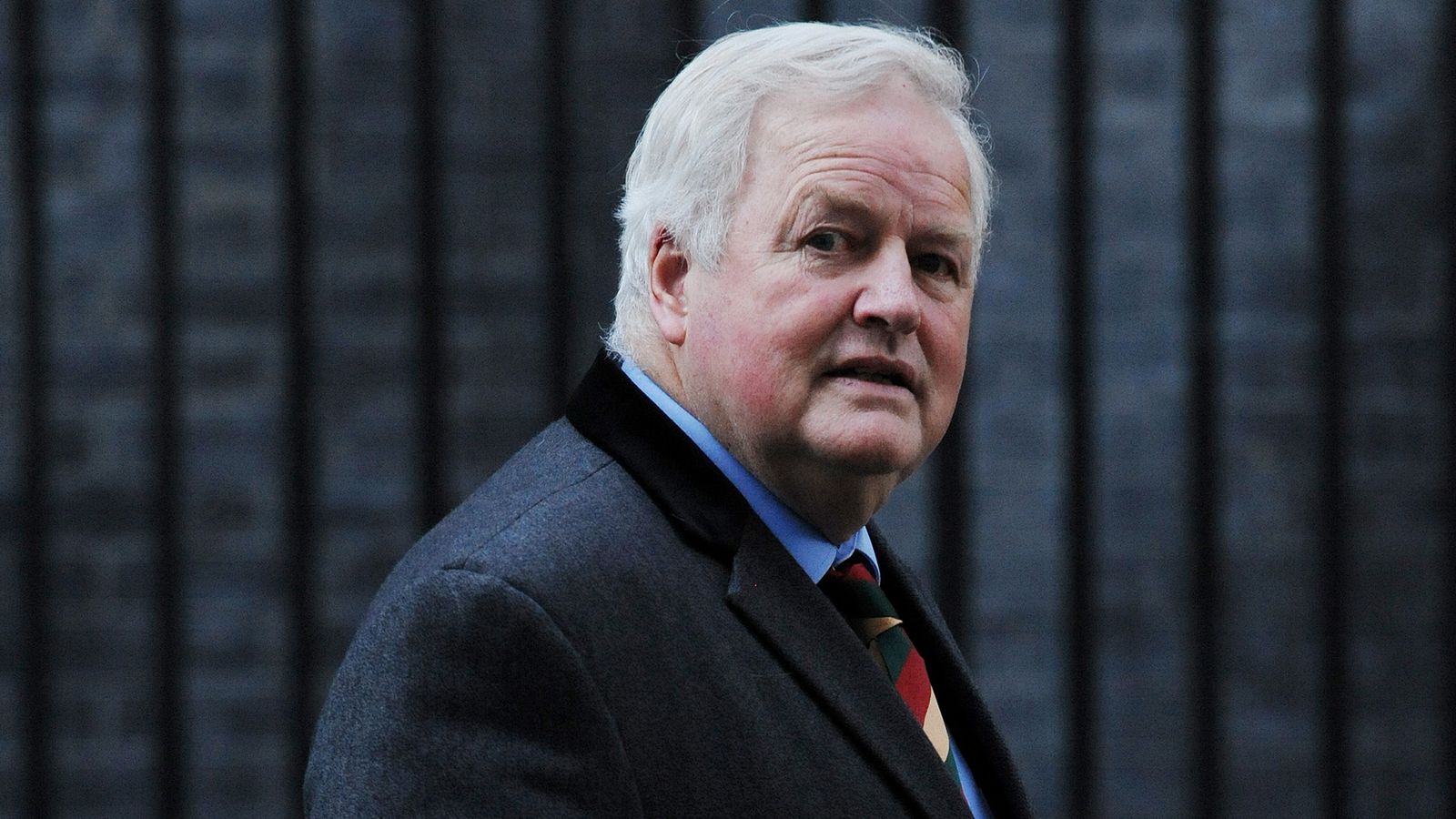“I wish I didn’t find it so hard to communicate how I’m feeling. It’s the story of my life. My only way of communicating is to withdraw.
“And nobody understands that. I can’t face it anymore. It feels so out of control and it scares me so much.”
Rivkah Grant is reading passages from a diary she kept as a patient receiving treatment for her mental health.
The testimony is powerful but painful.
The next entry in her journal details a serious sexual assault by a male healthcare assistant.
“He was touching me, rubbing my hand, my arm and then it went up. He asked me if he could continue and I said ‘no’.
“He repeated it a couple of times. I said, ‘no!’ I can’t believe I’ve got myself into this situation. It shouldn’t happen. He shouldn’t be touching me at all. God, he shouldn’t even be in my room.”
Rivkah, a 34-year-old law graduate from Enfield, has struggled with her mental health since her teens.
In 2016, she was being treated on a female-only ward in an NHS hospital when she was assaulted by a male healthcare worker.
Click to follow the Patient 11 podcast wherever you get your podcasts
‘I said no, but he did it anyway’
Speaking to Sky News, Rivkah said: “He was the only staff member who did spend any time with me… and he spent quite a bit of time talking to me in my room, getting to know me. Literally no other staff spoke to me at that point. They just left me to be distressed.
“There was one night that he touched me in an area that scared me. And I realised that there was something wrong.
“He did it again. He asked me if he could go further, and I said ‘no’, but he did anyway.
“He said to me he wasn’t going to leave until I stopped crying. He told me I am not allowed to tell anyone. He kept saying, ‘I’ve got a wife and two kids. I can’t lose this job’. And that was really what made me realise how bad this was.”
Rivkah was too scared and too distressed to report the attack to staff on the ward.
Instead, she texted a friend and with her intervention it was escalated to the hospital’s crisis team who then reported it to the police.
CCTV footage from the night, Rivkah says, showed the man had been in Rivkah’s room for ninety minutes and on another occasion he had been in and out of her room 17 times in one night.
She says she cannot recall everything because at the time she was heavily medicated with drugs supplied by her attacker.
He was convicted in June 2017 following a police investigation and Rivkah’s diary was used in court to support the case.
Please use Chrome browser for a more accessible video player
A devastating impact
The attack has had a devastating impact on the life of Rivkah, who has waived her right to anonymity.
She said: “[I] ended up in a coma in ICU in 2019 after trying to end my life and I started self-harming very badly, something I had not done before the assault and really have never gone back to how things were.”
North London Mental Health Partnership, which now runs Chase Farm Hospital, told Sky News: “We are deeply sorry for what happened to Ms Grant while she was under our care in 2016.
Be the first to get Breaking News
Install the Sky News app for free
“We have since strengthened all aspects of our safeguarding processes, including ensuring that service users under one-to-one observation are always assigned a member of staff of the same sex.”
A successful conviction for a sexual assault on a mental health patient is rare.
A joint Sky News and The Independent investigation found that despite 800 allegations of sexual assault and rape involving female patients across more than 20 trusts between 2019 and 2023 – only 95 were reported to the police.
Read more:
The mental health toll of cancer fight
Man who raped woman on London Underground jailed
‘Sexual predators leave their mark’
Vera Baird, the former Victim’s Commissioner for England and Wales told Sky News, more safeguards were needed urgently to protect vulnerable mental health patients from sexual predators.
She said mental health patients are vulnerable for two reasons: “One is they are locked away from any eyes. Two, they are not regarded as reliable records.
“If you have mental health issues, there is an immediate stigma because the criminal justice system doesn’t regard [you] as a credible witness. They are very easy to knock over under cross-examination.
“My real emphasis is on a proper registration of workers, a proper complaint system, training people to recognise the signs.
“Sexual predators do leave their mark, as they go around.
“And these assaults are taking place largely on mixed sex wards that just shouldn’t exist anymore.”
Anyone feeling emotionally distressed or suicidal can call Samaritans for help on 116 123 or email [email protected] in the UK. In the US, call the Samaritans branch in your area or 1 (800) 273-TALK
If you have a story about a similar experience in NHS psychiatric care contact [email protected]








